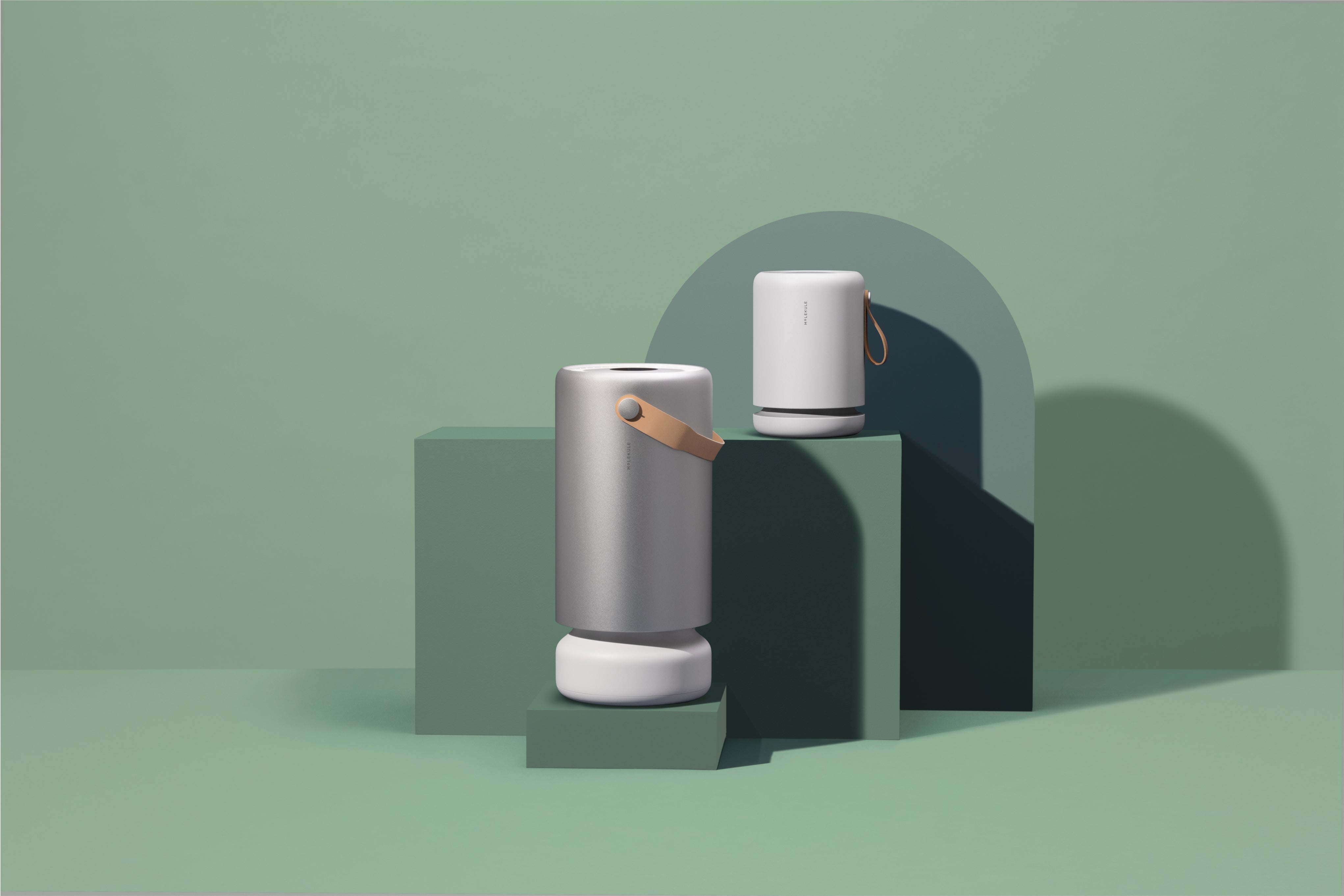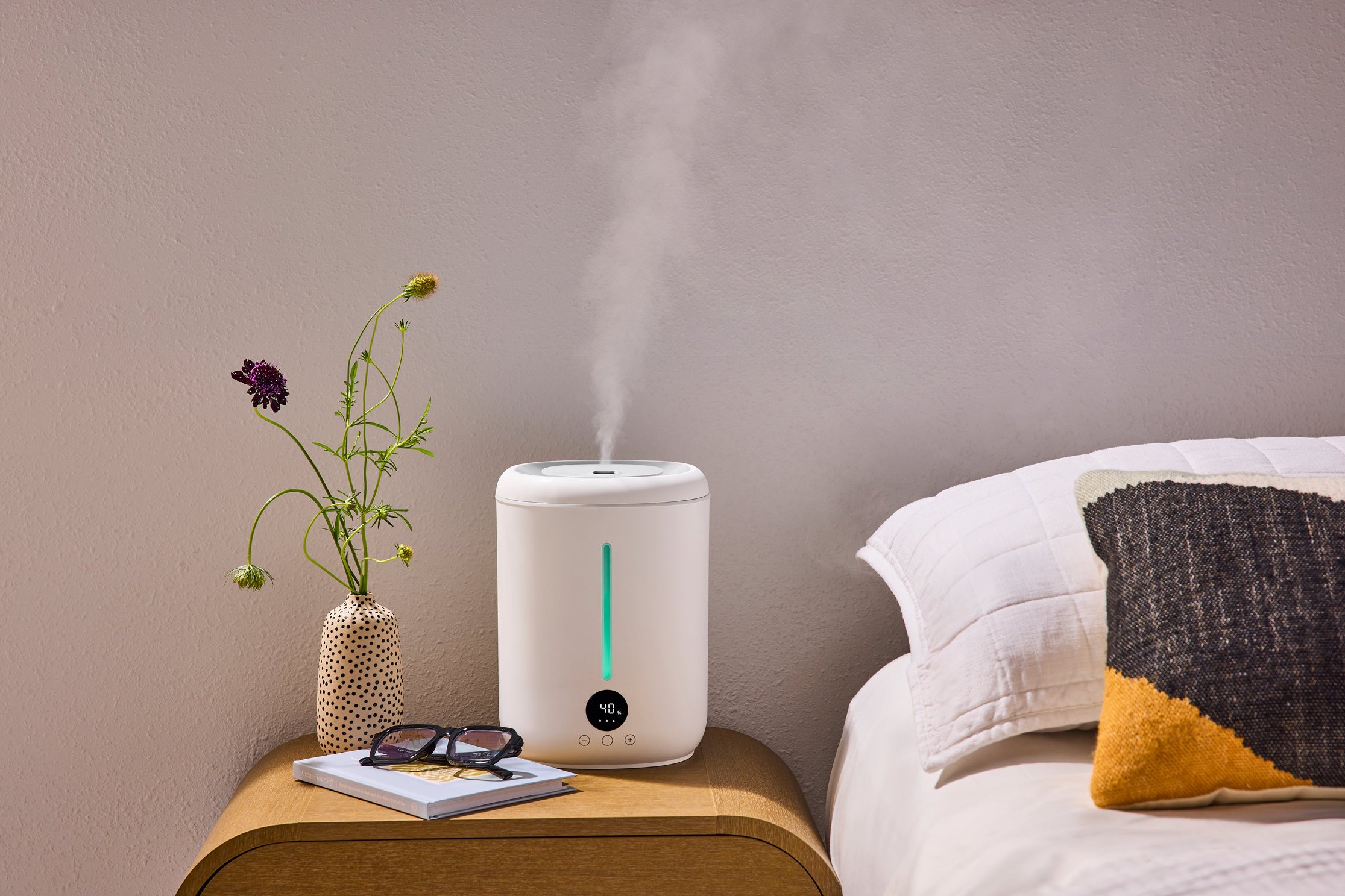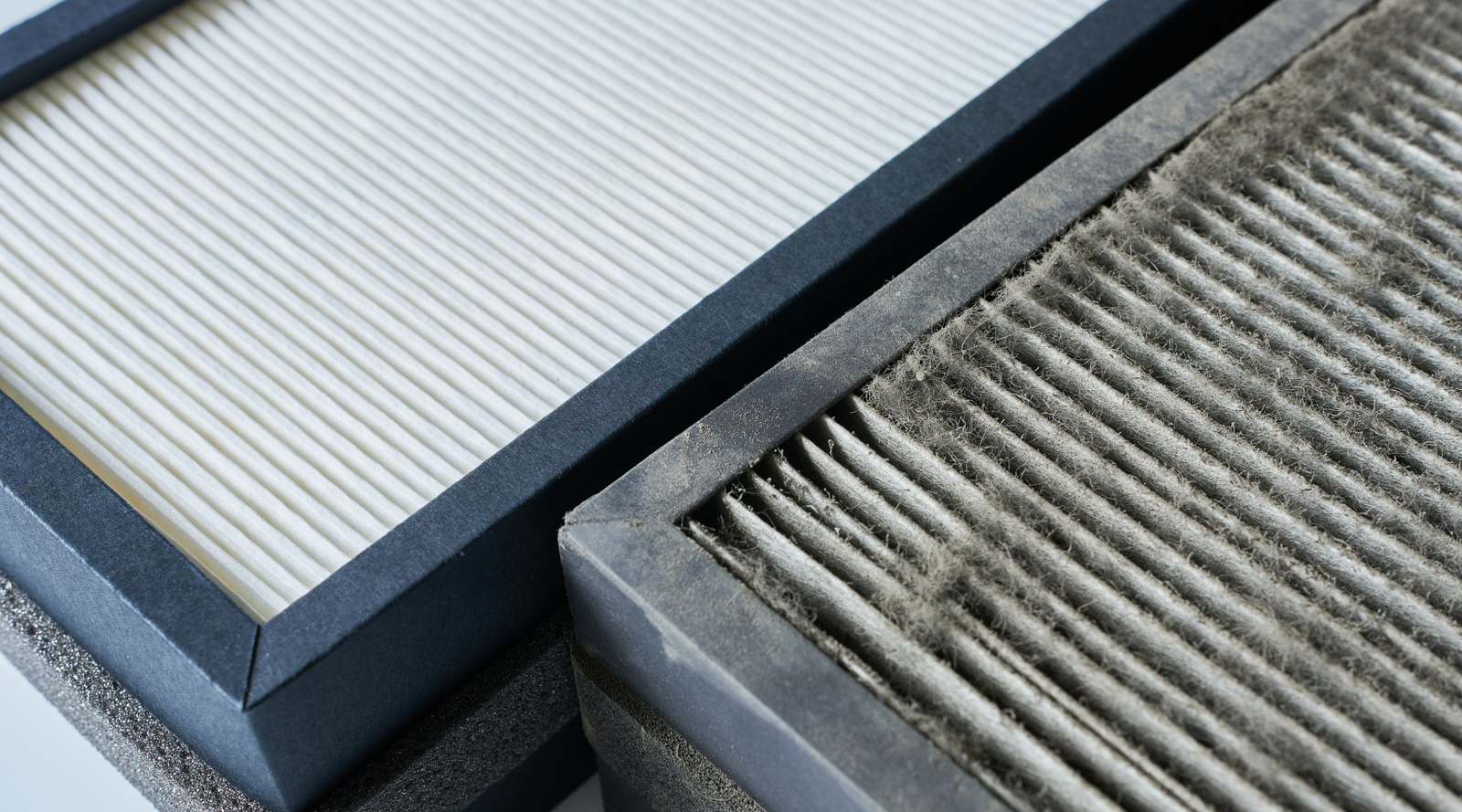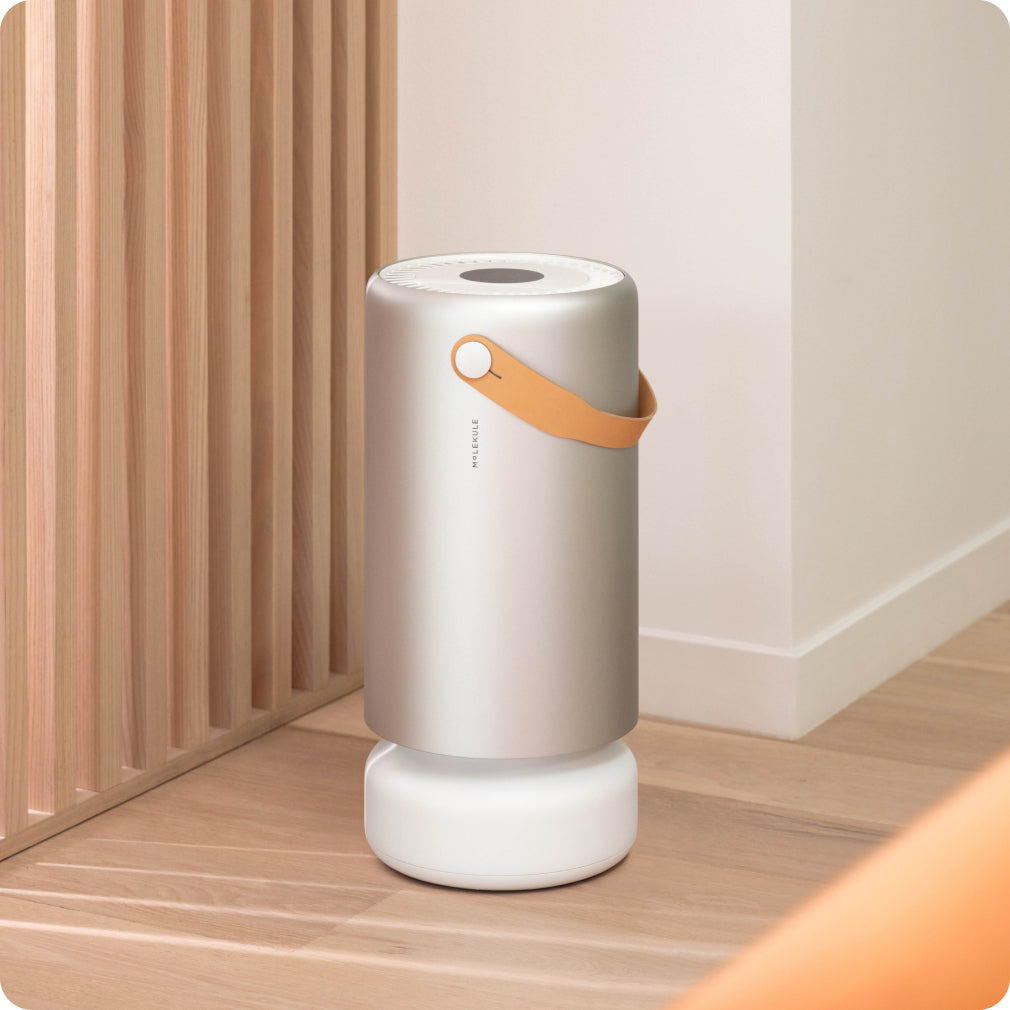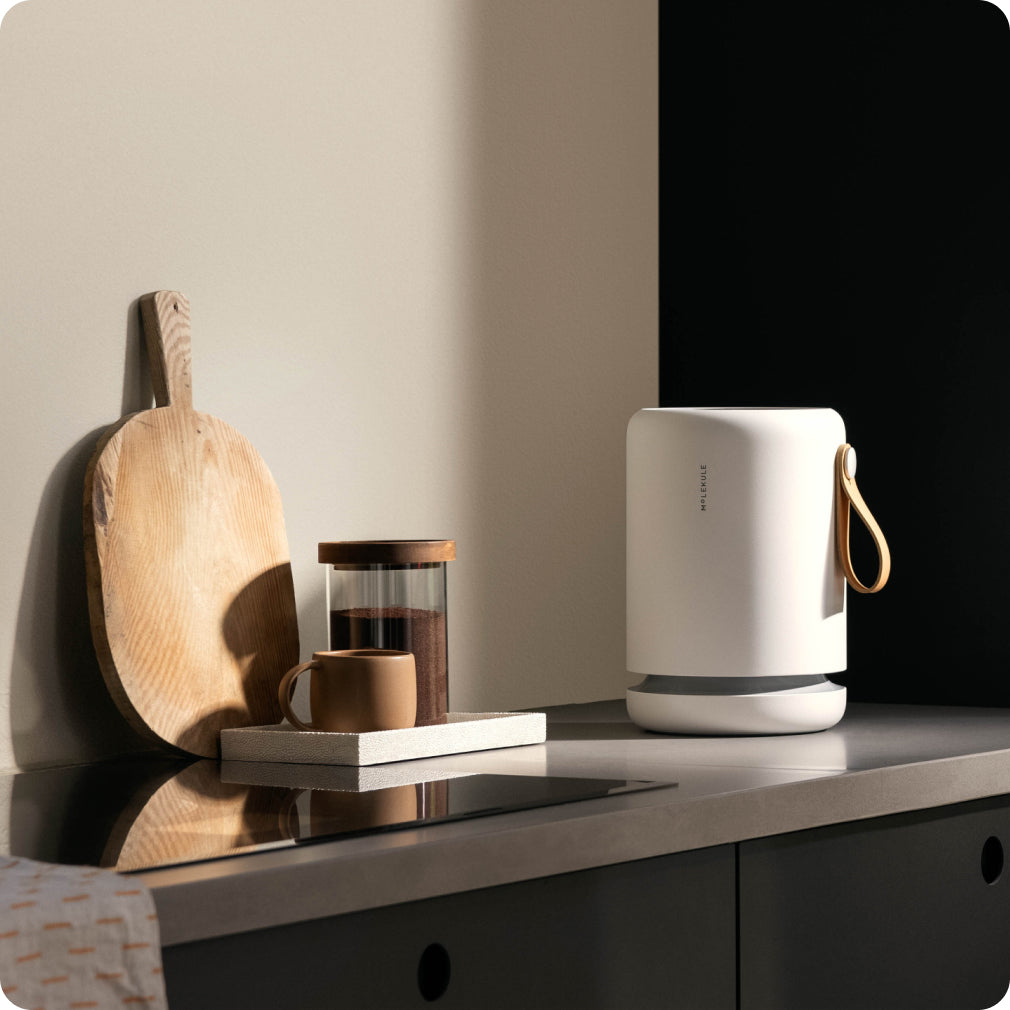Heating, ventilation, and air conditioning (HVAC) systems work hard year-round to keep our homes comfortable as outdoor temperatures rise and fall — but their job doesn’t stop there. In addition to heating and cooling our indoor spaces, HVAC systems also play a big role in regulating our indoor air quality.
In a nutshell, HVAC equipment works by pulling air into the system through the ducts, heating or cooling the air, and then pushing it back into your home. This ventilation keeps air circulating around your house, prevents stale, musty air, and makes it harder for pollutants to build up in any one area. On top of that, your HVAC filters help clean the air by trapping airborne particles that pass through the ducts.
HVAC equipment can vary from home to home, but most systems have the same main components: a cooling unit, a heating unit, and ducts for the air to travel through. Typically, the cooling unit is an outdoor air conditioner, and the heating unit is an indoor furnace. However, some homes may have a heat pump or air handler in place of one or both of those components, especially in areas with warmer winters.
If you’re not sure what kind of HVAC equipment you have, you can check the label on your indoor and outdoor units to find the brand name and model number, then do a quick internet search to find the specifics of your system.
HVAC filters and indoor air quality
HVAC filters, also called air or furnace filters, are the unsung heroes of your HVAC system. They have the important job of protecting both your indoor air and the inside of your HVAC equipment from airborne pollutants. Typically, the filter fits snugly into an air return vent, so air has to pass through it before entering your HVAC system. The filter traps airborne particles like dust, mold, dander, and other allergens, preventing them from building up inside the ventilation system or recirculating throughout the indoor air.
You can tell how well your filter captures pollution particles by checking its MERV rating. The MERV (short for minimum efficiency reporting values) rating scale ranges from 1 to 16 — the higher the rating, the more efficient the filter will be at trapping pollutants from the air passing through it. We recommend using a filter with a MERV rating of 8 or higher to help your HVAC system capture the most common indoor pollutants.
You’ll want to check your manufacturer’s recommendations before jumping straight to a filter with the highest MERV rating, though. The more efficient a filter is, the harder your HVAC system will have to work to pull air through it. It’s usually best to avoid putting extra strain on your HVAC system whenever possible, as it can increase your household energy usage and decrease the lifespan of your HVAC equipment.
Why do air and furnace filters need to be replaced?
Clean HVAC filters are a must-have for keeping your ventilation system running efficiently. First, they help keep dust and other debris from building up inside the different components of your HVAC equipment. When the inside of your ventilation system gets dirty, it can lead to problems that need expensive repairs or shorten the lifespan of your equipment. A clean, efficient filter can trap particles before they have a chance to enter your HVAC system.
Next, clean furnace filters make it easier for air to flow through your ventilation system. Clogged and dirty air filters can force your HVAC equipment to work harder to push air through the ducts to heat and cool your home, putting unnecessary strain on your system. Aside from that, replacing your filters as recommended by the manufacturer is the best way to ensure that they’re effectively cleaning particle pollution from your indoor air.
The EPA’s ENERGY STAR program recommends changing out HVAC filters at least once every three months, although you may want to change them more often during periods of heavy use, like during allergy season or when it’s extra hot or cold outside. You may also need to change your filter more often if you live with any cats, dogs, or other shedding pets. Try checking your filter once a month so you can change it when it starts to look dirty.
Getting the most out of your HVAC system
Changing your air filters regularly is a great way to maximize the efficiency and extend the life of your HVAC system, but it’s just one part of the equation. HVAC equipment also needs regular maintenance and tune-ups to keep everything running smoothly. Once or twice a year (preferably before the weather starts getting too hot or cold), the EPA recommends contacting a heating and cooling professional to perform a maintenance check-up that includes:
- Checking the electrical connections and controls
- Lubricating moving parts
- Inspecting the drain
- Cleaning the interior components, like the air conditioning coils, evaporator, and blower
- Checking the refrigerant level
- Making sure all gas connections are working properly
Your HVAC system is a great tool for maintaining healthy indoor air quality in your home, but you can give it a helping hand by pairing it with an app-enabled smart air purifier, like Molekule Air Pro or Air Mini+. Not only can these air purifiers help trap and destroy any pesky pollutants that slip through your furnace filter’s grasp, but you can also use the app’s data to better understand which kinds of pollution are most common in your home. The more you know about what’s in your air, the better equipped you’ll be to take action to root out potential sources of air pollution.
Our HVAC systems play an essential role in creating a safe, comfortable environment in our homes — a task that goes far beyond temperature control. It’s a big job, but regular maintenance check-ups and filter changes can help you make sure your heating and cooling system is up to the challenge. To read more about how air purifiers and air conditioners can team up to improve your indoor air quality, check out our post, Air Conditioner vs. Air Purifiers: How They Differ and How They Can Work Together.
